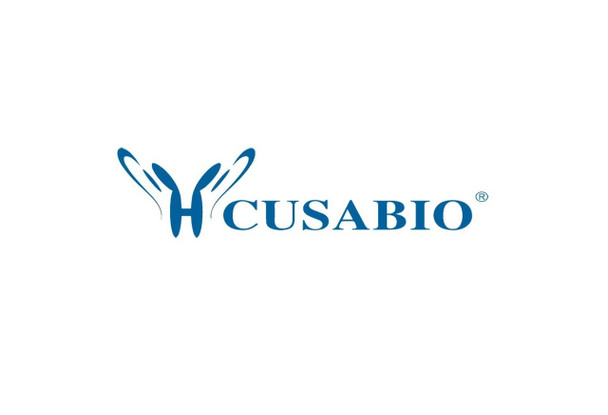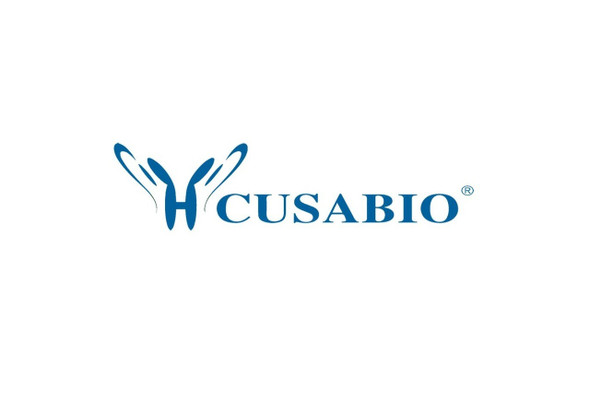Cusabio Polyclonal Antibodies
KCNH3 Antibody | CSB-PA593481
- SKU:
- CSB-PA593481
- Availability:
- 3 to 7 Working Days
Description
KCNH3 Antibody | CSB-PA593481 | Cusabio
KCNH3 Antibody is Available at Gentaur Genprice with the fastest delivery.
Online Order Payment is possible or send quotation to info@gentaur.com.
Product Type: Polyclonal Antibody
Target Names: KCNH3
Aliases: potassium voltage-gated channel, subfamily H (eag-related), member 3
Background: Potassium voltage-gated channel subfamily H member 3 is a protein that in humans is encoded by the KCNH3 gene. The protein encoded by this gene is a voltage-gated potassium channel subunit. Pore-forming (alpha) subunit of voltage-gated potassium channel. Elicits an outward current with fast inactivation. Channel properties may be modulated by cAMP and subunit assembly. The potassium channel is probably composed of a homo- or heterotetrameric complex of pore-forming alpha subunits that can associate with modulating beta subunits. Detected only in brain, in particular in the telencephalon. Detected in the cerebral cortex, occipital pole, frontal and temporal lobe, putamen, amygdala, hippocampus and caudate nucleus.
Isotype: IgG
Conjugate: Non-conjugated
Clonality: Polyclonal
Uniport ID: Q9ULD8
Host Species: Rabbit
Species Reactivity: Human, Mouse, Rat
Immunogen: Synthetic peptide of human KCNH3
Immunogen Species: Human
Applications: ELISA, IHC
Tested Applications: ELISA, IHC;ELISA:1:1000-1:2000, IHC:1:10-1:50
Purification Method: Antigen affinity purification
Dilution Ratio1: ELISA:1:1000-1:2000
Dilution Ratio2: IHC:1:10-1:50
Dilution Ratio3:
Dilution Ratio4:
Dilution Ratio5:
Dilution Ratio6:
Buffer: -20°C, pH7.4 PBS, 0.05% NaN3, 40% Glycerol
Form: Liquid
Storage: Upon receipt, store at -20°C or -80°C. Avoid repeated freeze.
Initial Research Areas: Neuroscience
Research Areas: Neuroscience;Cancer;Metabolism;Signal transduction









